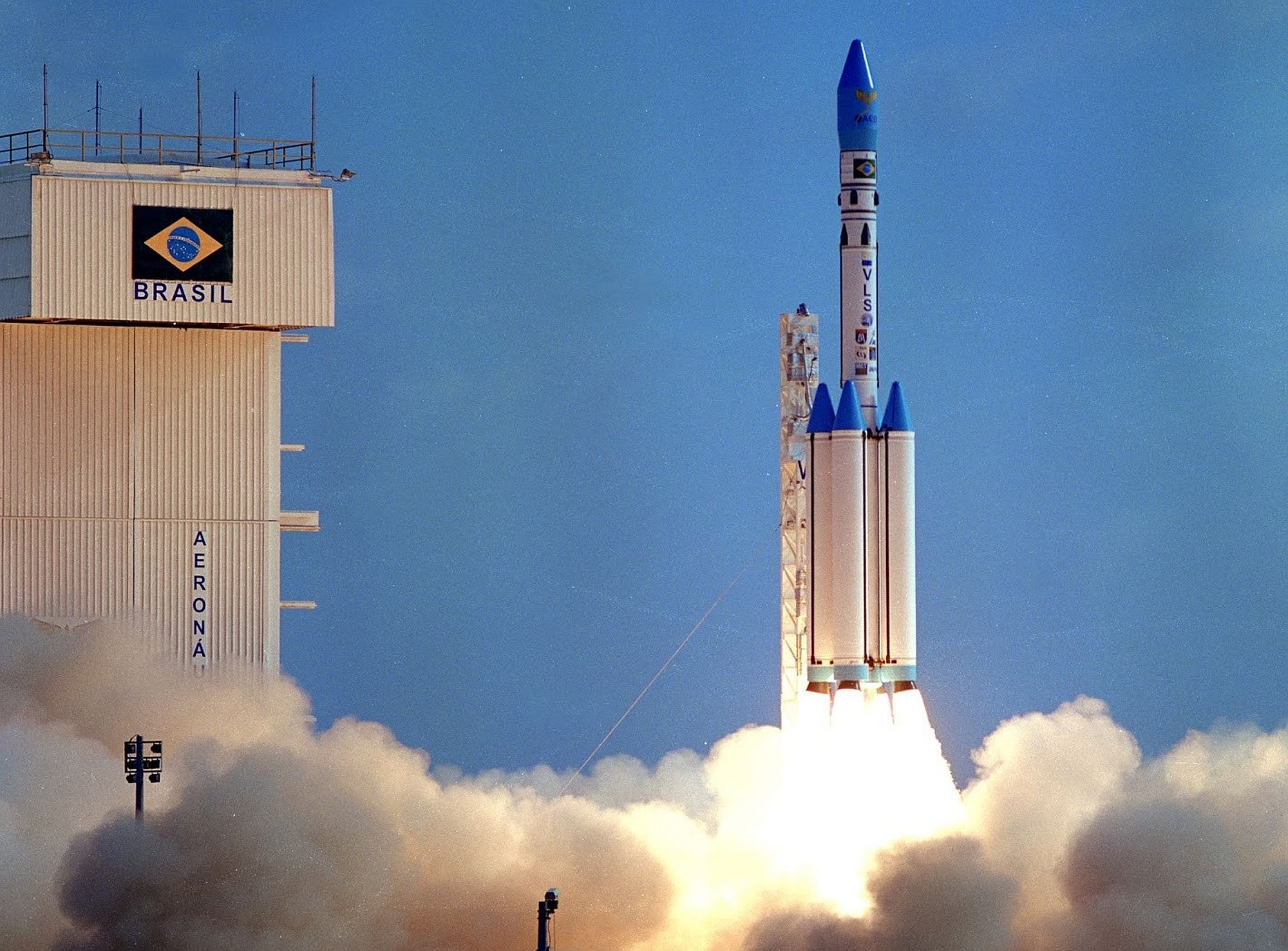The United States and Brazil have agreed to a preliminary agreement to for the U.S. to use the South American country’s Alcântara Launch Center in the state of Maranhão.
Brazil’s Minister of Foreign Affairs, Aloysio Nunes, confirmed the development after meeting with the U.S. Secretary of State, Mike Pompeo, according to Agência Brasil.
Nunes, who has been in office since 2017, explained that Brazil’s Ambassador to the United States, Sergio Amaral, had been tasked with convening further talks with U.S. authorities to initiate negotiations this week.
The formal negotiations, which have no deadline to end, will be conducted by the U.S. Department of State, which also needs the authorization of other U.S. agencies to finalize the deal.
Other countries may be interested in the commercial use of the Alcântara Launch Center due to its proximity to the equator, which saves on fuel consumption when launching satellites.
During the Brazilian presidency of Fernando Henrique Cardoso, Brazil tried to seal a deal so that the United States could use the Alcântara Launch Center. Congress barred the measure, claiming that it would harm the country’s sovereignty by guaranteeing U.S. technological secrets.
This time, however, Nunes said the agreement being negotiated doesn’t harm Brazil’s sovereignty. “If you don’t have an agreement that guarantees the intellectual property of the rockets and satellites that will be launched, no satellite or rocket can be launched, because the vast majority of the launches bear U.S. technology,” he said.
The minister concluded that the U.S. government wants to “defend their commercial secrets, which is legitimate.”
In 2011, Wikileaks released a series of U.S. diplomatic cables related to the Alcântara Launch Center. The documents, according to Pragmatismo Político, revealed that U.S. authorities took concrete actions to impede and sabotage the development of Brazilian technology in two strategic areas: space technology and nuclear energy.
Pence in Brazil
United States Vice-President Mike Pence will travel to Brazil and Ecuador at the end of June in an effort to strengthen trade and security ties with countries grappling with growing numbers of refugees fleeing Venezuela’s economic crisis, his spokeswoman said.
Pence had originally planned to travel to Brazil in May, but postponed the trip because of the intense focus by the White House on upcoming talks with North Korean leader Kim Jong Un.
Pence is slated to formally announce the trip, with the newly added stop in Ecuador, at a White House reception for members of the Organization for American States. The precise dates and cities on the trip were not immediately available.
Tensions between the United States and Venezuela have intensified since Washington refused to recognize the May 20 re-election of Venezuelan President Nicolas Maduro. Both countries expelled each others’ diplomats.
Since the election, Maduro has begun to free opponents jailed last year after anti-government protests, and had called for international talks. American missionary Josh Holt, who had been held without trial since 2016, was among the freed prisoners.
Pence’s goal is to “strengthen regional security with our allies in the hemisphere threatened by the deepening humanitarian, political, diplomatic, and economic crisis caused by gross misrule of Venezuela by the Maduro regime,” his spokeswoman Alyssa Farah said.
The United States wants the OAS to suspend Venezuela from the group and increase economic sanctions on Maduro’s government. In excerpts of Pence’s speech released by the White House, he urged OAS members to vote to suspend Venezuela.
“In Venezuela, the regime of Nicolas Maduro has turned a free and prosperous nation into one of the poorest and most despotic in the Hemisphere – and the once-great Venezuela is now a failed state,” Pence was to say, according to the excerpts.
President Donald Trump has imposed economic sanctions on Venezuelans connected to Maduro.
Venezuela is in the throes of deep recession and facing hyperinflation, with shortages of food and medicine. Thousands of Venezuelans have migrated to neighboring countries.
Trump has been considering but has so far not opted to impose sanctions on services related to oil shipments from the OPEC member nation.
tS/MS





